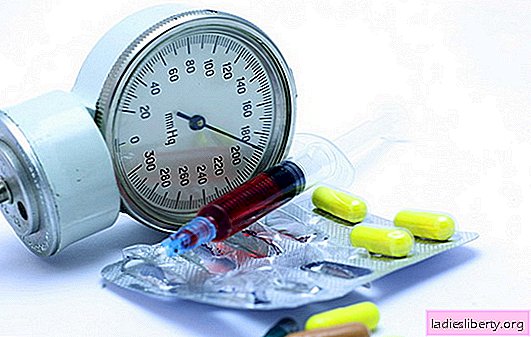
American scientists made a sensational statement, in their opinion, postpartum depression of nursing mothers negatively affects the growth of the child. In the course of a long-term study, specialists observed almost 11 thousand children, which allowed to obtain the most objective results.
Scientists at Johns Hopkins University in Minnesota, on the basis of obvious facts, came to the conclusion that children whose mothers were discouraged after giving birth, had little growth at the age of four and were clearly inferior to their peers in this indicator.
It is still difficult to accurately answer the question, what is the relationship between the state of the mother and the growth of children. Meanwhile, scientists are inclined to the version that women, experiencing apathy, lack of appetite and suffering from insomnia, violate the baby’s feeding regimen, their milk from malnutrition is too scarce, as a result of which the child lacks useful substances.
Another version of the slow growth of babies raised in women who are in a state of postpartum depression is a violation of the emotional connection of the child with the mother. When the mother is not happy with the presence of the baby, the child experiences severe stress, as a result of which the hormone cortisol is actively produced in his body, which directly affects the decrease in the production of growth hormone.
Despite the results, American scientists remind young parents that the low growth of the child can be not only a consequence of maternal postpartum depression, but can be explained by a hereditary factor.











